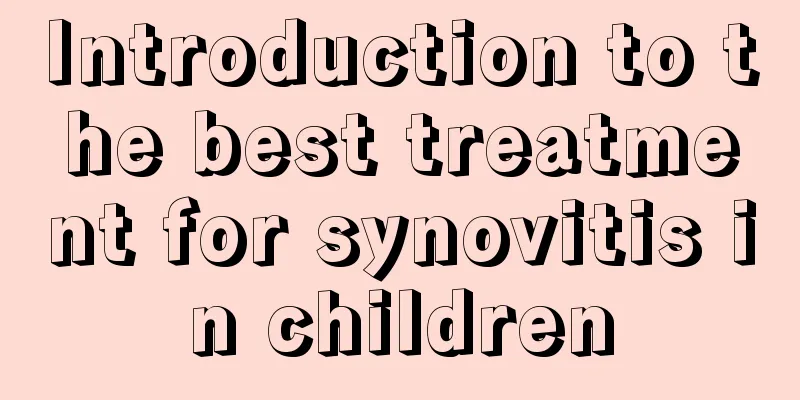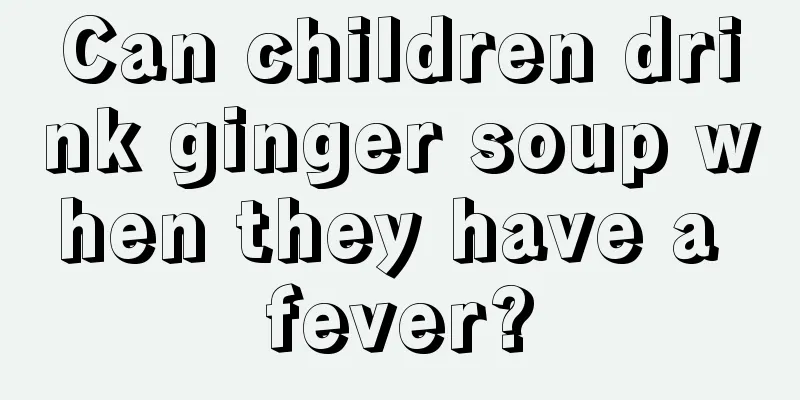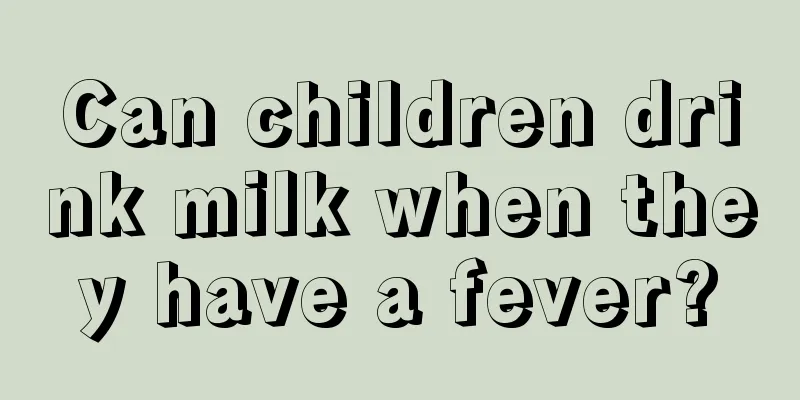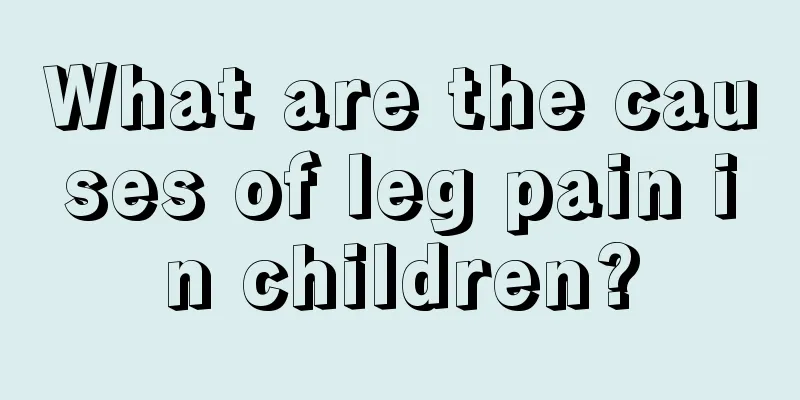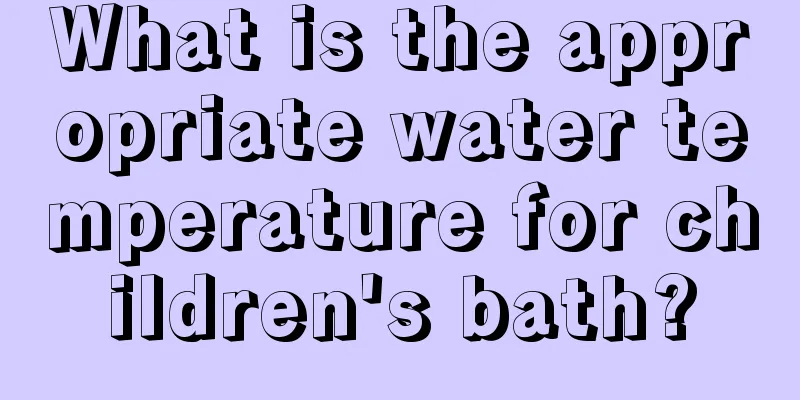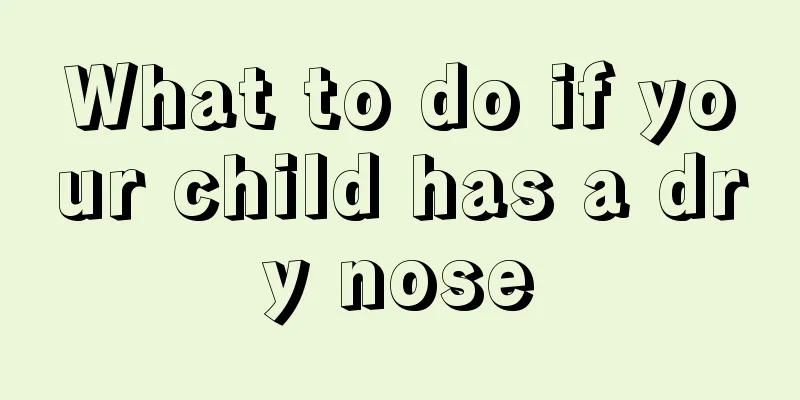What medicine is good for children with zinc deficiency?

|
Children have poor digestion and absorption abilities, and are prone to zinc deficiency. Zinc deficiency in children can lead to decreased appetite, picky eating, and even affect intellectual development. Timely zinc supplementation is very important. Choosing the right method of zinc supplementation can achieve twice the result with half the effort. So, what medicine is better for children with zinc deficiency? Let us take a look at it together below. 1. Breastfeeding Breastfeeding is encouraged, and the baby should be breastfed for at least 3 months, and then gradually switched to cow's milk or other milk substitutes. The absorption rate of zinc in breast milk is high, reaching 62%. In particular, colostrum is high in zinc, with an average concentration 4 to 7 times that of serum zinc. 2. Add zinc-rich foods According to measurements, the zinc content in animal foods is higher than that in plant foods, and the amino acids produced by the decomposition of animal protein can promote the absorption of zinc, with the absorption rate generally being around 50%. Bottle-fed babies should start adding easily absorbed zinc-rich complementary foods from 4 months old, such as minced lean meat, egg yolks, fish paste, animal liver, oysters, peanut rice flour, walnut kernel powder, etc. 3. Zinc supplementation Babies must be examined in the hospital and confirmed to be obviously zinc deficient before they can be given preparations such as zinc sulfate syrup or zinc gluconate under the guidance of a doctor. The general medication period should not exceed 2 to 4 months, and the medication should be stopped promptly after follow-up examinations return to normal. However, it should be noted that the effective dose of zinc is very close to the toxic dose. Improper use can easily lead to overdose, inducing a series of diseases such as iron deficiency, copper deficiency, and anemia. After reading the above introduction, do you know how to supplement zinc for your children? Zinc is a trace element and is very important for human development, but this does not mean that the more zinc supplementation, the better. Excessive zinc intake can lead to zinc poisoning, symptoms such as nausea and headache, and in severe cases, it can even cause intellectual impairment in children. Therefore, you must listen to the doctor's advice and take an appropriate amount of zinc supplementation. |
<<: What are the symptoms of allergic conjunctivitis in children?
>>: What to do if children have dry nose
Recommend
Things to note when red spots appear on your baby's face
Babies are the apple of their mother’s eye. Mothe...
Ways to enhance your child's immunity
The weather is cold in winter and the temperature...
What are the symptoms of calcium deficiency in a nine-month-old baby?
It is the common wish of every parent that the ba...
How to massage a child to reduce fever
Children are particularly prone to fever when the...
How to carry out rehabilitation treatment for cerebral palsy in children
When children come into this world, they are expe...
How to quickly stop children's cough at night
Autumn is a season of high clear skies, dry skies...
Increase baby's resistance
After giving birth, a mother's entire life ba...
What should I do if my child has an upper respiratory tract infection and a fever?
If a child has an upper respiratory tract infecti...
Why is my child's hair turning yellow?
Many people think that since they are Chinese, th...
How to treat phimosis in children?
It is common for boys to suffer from phimosis whe...
What are the causes of sensorineural hearing loss in children?
Sensorineural hearing loss can cause great harm t...
What to do if your child has cerebral palsy
Cerebral palsy in children is actually a disease ...
Why is the baby's tongue white?
For babies, if there are abnormal physical condit...
7 month old baby food indigestion symptoms
The baby's development process requires paren...
How to treat children’s allergic cough with traditional Chinese medicine?
Because children are young and have very poor phy...
